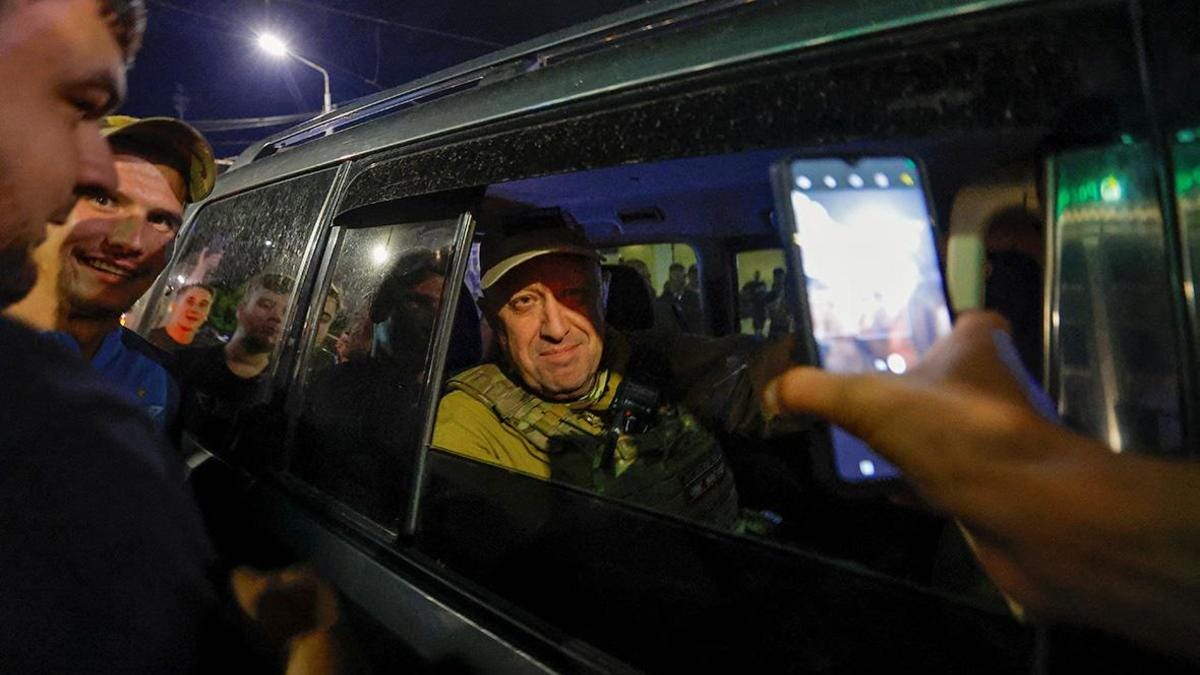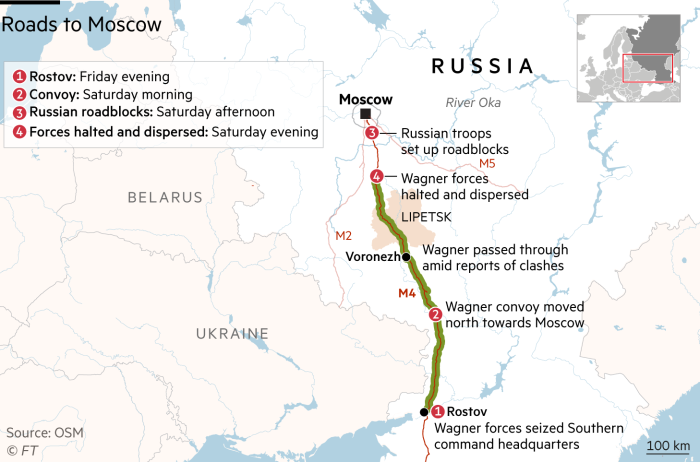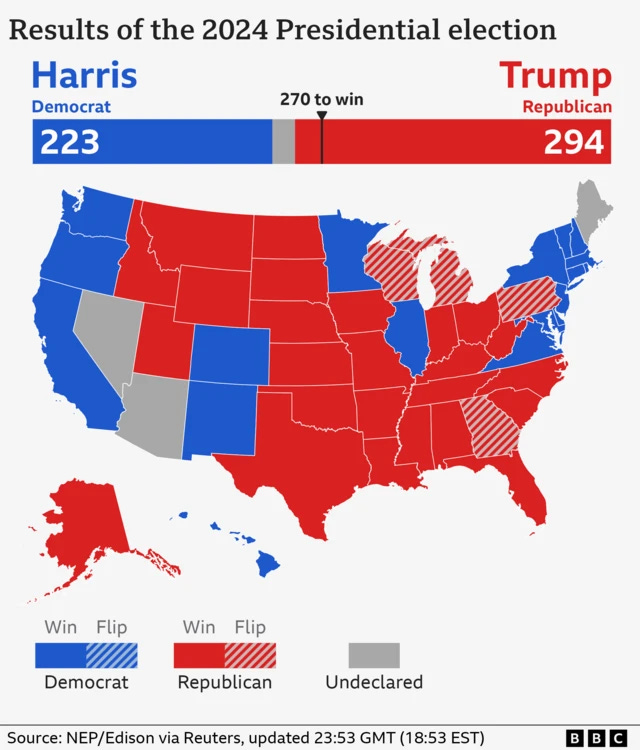Every election in the United States attracts huge global attention, from all over the world. People in Pakistan, in Paraguay, people in Poland, people in Papua New Guinea are monitoring the course of American elections, and tend to have strong opinions regarding whom they would prefer to win.
"They haven't finished counting in Pennsylvania and Michigan, yet"
Why would that be the case? Well, one obvious implication would be that the US elections are, in fact, seen as the world elections, and seen as such worldwide. People in Paraguay do not vote on the American elections and yet, these elections have a very strong impact on the fortunes of Paraguay.
And I am not discussing the economic fortunes only. In terms of politics, in terms of culture, in terms of discourse, in terms of language, American relations with the rest of the world tend to be strikingly one-directional. We do not really appreciate the degree and the one-way character of these interactions. To a very significant degree, global discourse comes downstream from the United States.
America is the global cultural and political hegemon to the extent even the British Empire was not. The only comparison that comes to my mind is Rome. In this regard, the worldwide concern about the American elections is quite understandable. Provincials do not have the Roman citizenship. Yet, the Roman politics do concern the provincials.
It would be silly or hypocritical to deny that.
There is, however, another, less obvious aspect of this problem.
Russian elections do not attract much global attention. But Russian coups, or coup attempts absolutely do.
In June 2023, half of the internet was fervently monitoring the course of Prigozhin’s march, and debating its nuances as fervently, as they were now debating nuances of the American electoral campaign.
So, it is not that the world does not really care over who rules in Kremlin. It actually does. A potential transition of power in Moscow might be very, and very consequential, and, therefore, interesting. It is that nobody believes that could happen as a result of elections.
I believe this comparison may help us to understand why do people care about the US elections (or any elections) at all. We care about the elections only to the extent they can serve as a substitute for war.
Why does anyone care about the American elections in the first place? Not only because America is big and powerful. But also because in this big and powerful country elections do serve as a quasi war, facilitating the transfer of power with little (or none) bloodshed.
It is the quasi war character of the electoral campaign that makes it important.
Under the "normal" conditions, transition of power takes a coup or a civil war.
You mobilise your supporters, you charge, you brute force your way to the capital and to the high office.
Now you are the boss.
Interestingly enough, many or most coup-enthusiasts do not even want to go that far. Many or most coup attempts do not aim to replace the supreme power. What they aim for is negotiating with it. Make your demands, back up your claim, extract the concessions you crave for.
The armed rebellion is the way to get heard.
I am inclined to think that the Prigozhin’s mutiny falls under this category
It goes without saying that many attempts to get heard result in the full scale civil wars, without even an inclination or a desire to do so. They just wanted to bargain. And yet, they could not find any other way to open negotiations without taking arms.
I believe this comparison gives us a better understanding of what do the elections serve for. They do not really serve an expression of the popular will (I always found it to be more of a rhetorical construct, and saw it as a category of political theology rather than that of the political mechanics).
What they serve for is being an alternative and a substitute for the armed insurrection.
Elections is how you fight a civil war without bloodshed
And that is the sole reason why we care about the elections in the first place











This is almost a truism. The purpose of democracy is so that political disputes can be settled without war.
Popularity is more important to dictators than to democrats, because a democratic leader who loses an election can just quietly go back to their home with their family (often with piles of money). Whereas a dictator who loses a war is generally executed along with their family (and has their money taken away). Sometimes they're tortured to death. Sometimes their corpses are carried around to be desecrated, as with Mussolini.
This is why Putin is either stupid or insane or both. Nazerbayev knew when to retire and he and his family are still rich and happy and he'll be remembered relatively positively. Putin will die miserable.